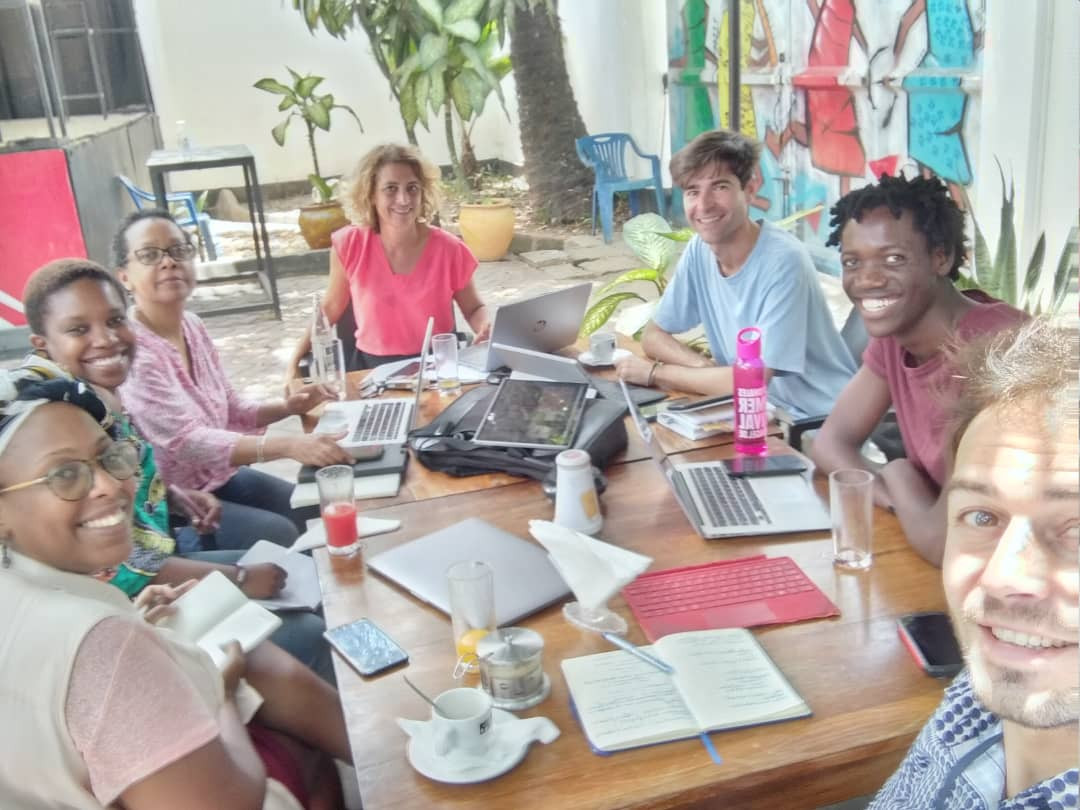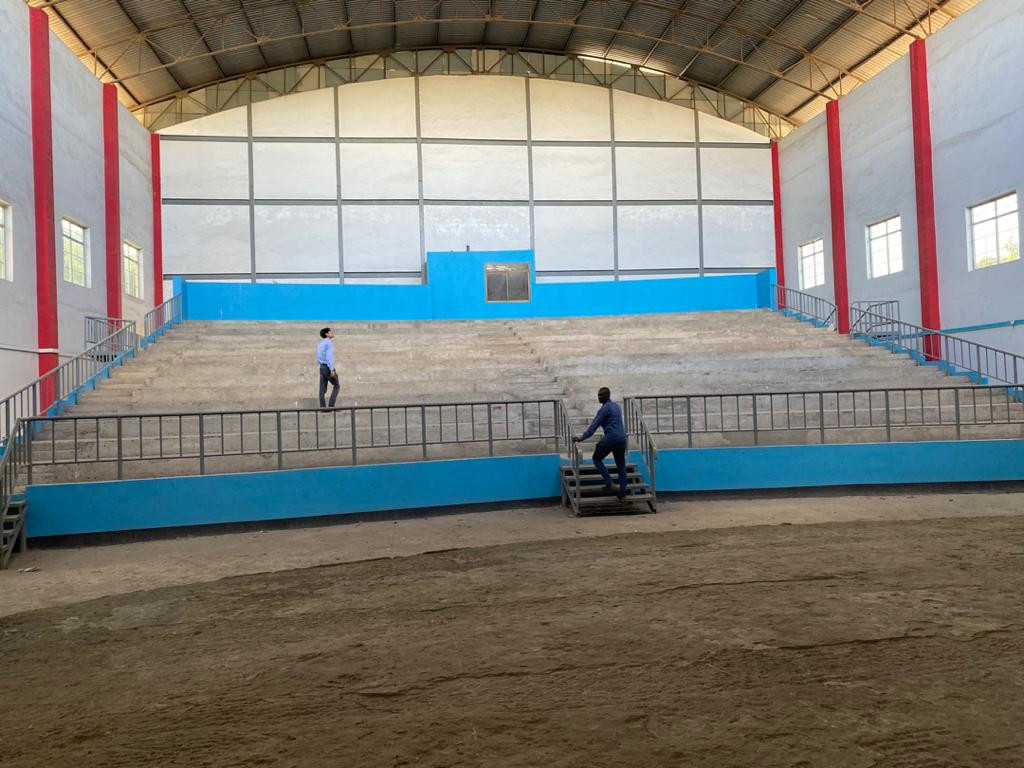UMOJA embraces the belief that collaboration brings innovation, cultural understanding and uplifts the creative economy.
Dar es Salaam, with over 6 million inhabitants, is one of the fastest growing cities in Africa, yet there is poor cultural infrastructure and education on contemporary art, thus depriving artists from accessing their local audience and audiences from enjoying art. The artists need recognition, access to markets and international exposure. Moreover, women only represent 25% of the artists.
UMOJA will strengthen bonds between contemporary and urban artists from Tanzania, East Africa and the EU in the fields of dance, music and visual art via a gender-balanced residency. The project promotes artistic cooperation, quality education, private-public partnerships, network development, enhanced visibility and connection to global markets. It provides decent work and economic growth to the stakeholders as well as arts and cultural management training for students of the Universiry of Dar es Salaam. The artists will present original artworks to Dar citizens in a reconditioned public space and on digital platforms, in light of Covid-19.
Strengthening local artists' access to global markets
UMOJA will repurpose an abandoned public art space and launch digital platforms to bring visibility to urban and contemporary art in Dar es Salaam, one of the fastest growing cities in Africa. It encompasses an innovative multidisciplinary art residency that opens up cultural dialogue between East African (EA) and European (EU) artists and promotes gender balance in the arts. The project is managed by a pioneering network of Tanzanian and European cultural institutes, academia and government bodies dedicated to promoting social and cultural cohesion through the arts.
To build ownership, local communities were involved in the selection of the BASATA theatre as the desired space and students will actively coordinate cultural programmes. The architects will work with the community to select and repurpose the space. The space will remain active for more exhibitions and public use thus enabling continued exchange and cultural dialogue between all stakeholders.
UMOJA dares to connect not only artists from different backgrounds. It also creates unity amongst different institutes and Embassies. This joint work is a big step forward for the performative arts industry in Tanzania. Umoja ni Nguvu utengano ni udhaifu - United we stand, divided we fall.
Tadhi Alawi, contemporary dancer and choreographer, NANTEA Dance Company
During Step 2 of the application phase, the UMOJA’s steering committee appointed three of its members as project managers and screened and selected potential public spaces, with City Lab/Ardhi University conducting a consultancy report on potential public spaces to be repurposed into a cultural arena in Dar es Salaam. The main focus was to get an open, safe and easily accessible space. Five spaces were shortlisted and visited by UMOJA’s steering committee. Tanzania National Arts Council’s theatre, which was unfinished and abandoned, was selected.


